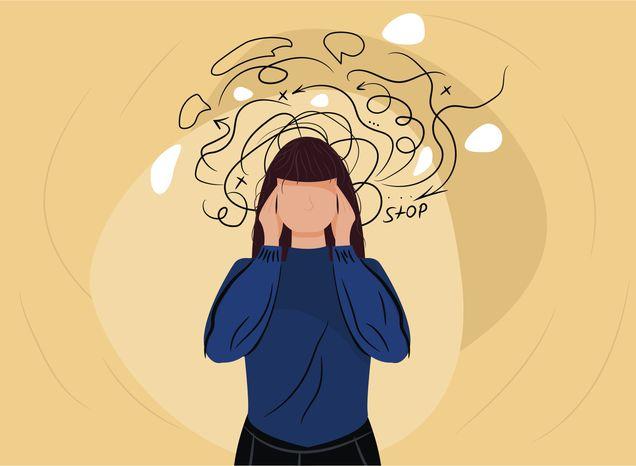According to a report by The Guardian, one in three individuals aged 18 to 24 now indicate symptoms suggesting they have prevalent issues like anxiety or depression. The looming fear of watching someone marry or achieve things is too much. Many people of this generation feel sad when they see others their age getting married, having a good time, or going on vacation.
Gen Z destresses themselves by watching heartwarming videos online. However, there is more to it than it may seem. Their mental health situation is complex and multifaceted. While generalising is challenging, several factors, including societal expectations and social media influence, contribute to their mental health landscape. Their increased social media use was associated with higher levels of perceived social isolation, which predicted poorer mental health outcomes.
Differences between real and reel worlds
Gen Z members devote at least an hour to social media, accessing it several times daily. They are more likely to use mental health programs and digital health apps than other generations. While social media engagement might feel negative, it enables them to find mental health support and connectivity.
Social media platforms usually present filtered and curated versions of reality. Individuals might showcase their lives’ highlights, contributing to the distorted perception that others are more successful or happier. We never really know whether the grass is greener on the other side.
Importance of mental health
This generation knows the importance of mental health, setting boundaries, and taking a stand. However, they are still tagged as lazy and selfish. They are constantly comparing and worrying. The impact of social media on mental health is such that they tend to self-diagnose illnesses, which can be harmful.
Some common indicators of mental health issues in Gen Z are related to technology use, which include heightened stress levels from digital interactions, sleep disturbances, and decreased academic performance. They delve into studying attachment styles, anxiety, and depression without recognising them as genuine psychiatric conditions. It leads to misunderstandings and a lack of empathy towards those with clinically diagnosed conditions. Among this generation, common challenges include procrastination, fear of judgement and failure, and feelings of loneliness.
Coping strategies
Technology has intensified social comparison and anxiety among Gen Z, significantly impacting their mental health. There are many ways to overcome and cope with stress, like establishing tech-free zones by setting boundaries, communicating openly with loved ones about online experiences, educating themselves about the importance of digital detox and self-care, exploring therapeutic inventions like cognitive-behavioural therapies, and utilising mental health support groups and other offline networks.
Conclusion
From battling FOMO (fear of missing out) to embracing JOMO (joy of missing out), this generation depends on a digital landscape where likes and shares lead to a perfect facade of everyone else’s lives. As millennials and everyone else swipe their way forward, Gen Z reminds us that self-care and community support are what we must strive for amidst the social media chaos.

